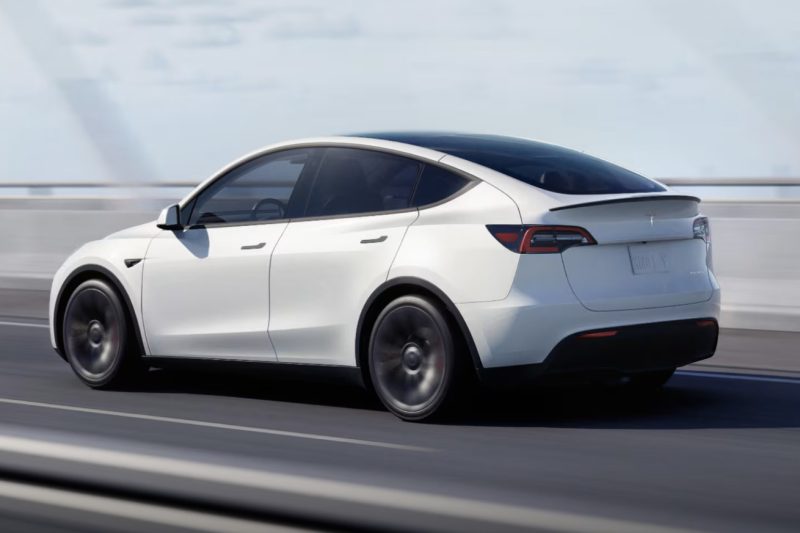In a surprising move, Tesla recently announced plans to charge some Model Y owners to unlock more range on their electric vehicles. This decision has generated mixed reactions within the Tesla community and the wider automotive industry. As Tesla continues to push boundaries and innovate in the electric vehicle market, this new approach challenges the traditional idea of vehicle ownership and raises questions about the evolving relationship between automakers and consumers.
The concept of paying to unlock additional range on an electric vehicle is a departure from the usual practice of purchasing a vehicle with a predetermined range that cannot be modified later. Typically, the range of an electric vehicle is determined by the capacity of its battery pack at the time of purchase. However, Tesla’s new approach opens up the possibility for owners to increase their vehicle’s range post-purchase, albeit for a fee.
This move by Tesla aligns with the company’s strategy of leveraging over-the-air software updates to enhance the capabilities of its vehicles. Tesla has been at the forefront of integrating software-based features into its cars, enabling improvements in performance, safety, and convenience through remote updates. By offering the option to unlock additional range through a software update, Tesla is providing a unique opportunity for Model Y owners to customize their vehicles to better suit their needs.
While some may view this decision as a bold and innovative step by Tesla, others have expressed concerns about the implications of charging for additional range unlock. Critics argue that charging customers to access a feature that is already built into the vehicle may set a precedent for other automakers to adopt similar practices. This could lead to a shift in the way vehicles are marketed and sold, potentially affecting consumer trust and brand loyalty.
Additionally, the decision to charge for unlocking range raises questions about the pricing strategy for electric vehicles and the perceived value of range expansion. Customers may be hesitant to pay extra for a feature that they expected to be included in the base price of the vehicle. Tesla will need to strike a delicate balance between offering value-added services and maintaining transparent pricing practices to ensure customer satisfaction.
As the electric vehicle market continues to evolve and expand, automakers are exploring new ways to differentiate their products and attract customers. Tesla’s decision to charge for unlocking range on the Model Y reflects the company’s commitment to innovation and customer-centric design. While the implications of this approach remain to be seen, it is clear that Tesla is charting a new course in the electric vehicle industry and challenging conventional norms along the way.

